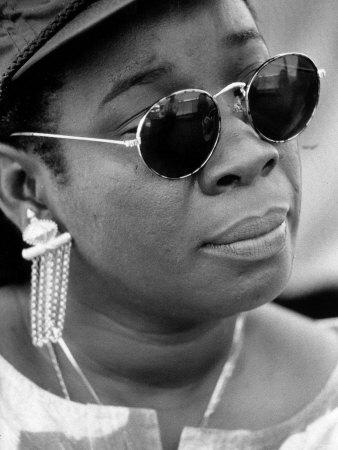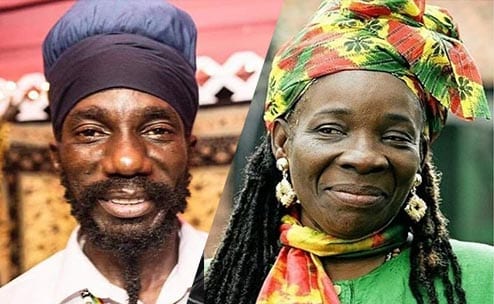

When he died, in Miami, his final words to his son Stephen were “Money can’t buy life.” For Marley, dealing with his estate probably signified a surrender to the forces of Babylon, the metaphorical site of oppression and Western materialism that Rastas hope to escape.

By conventional Western standards, the Rastafarian movement can seem both uncompromising (it espouses fairly conservative views on gender and requires a strict, all-natural diet) and appealingly lax (it has a communal ethos, which often involves liberal ritual use of marijuana). Marley was a Rastafarian, subscribing to a millenarian, Afrocentric interpretation of Scripture that took hold in Jamaica in the nineteen-thirties. One night, she and a group of women in Marley’s orbit, including his wife, Rita (to whom he had remained married, despite it being years since they were faithful to one another), gathered to light candles, read passages from the Bible, and cut his dreadlocks off.ĭrafting a will was probably the last thing on Marley’s mind as his body, which he had carefully maintained with long afternoons of soccer, rapidly broke down. Cindy Breakspeare, Marley’s main companion in the mid-seventies, remembered his famed dreadlocks becoming too heavy for his weakened frame. The remaining months of his life were an extended farewell, as he sought treatment, first in Miami and then in New York. He asked a close friend to stay near the stage and watch him, in case anything happened. During the sound check, he sang Queen’s “Another One Bites the Dust” over and over. Marley played his final show on September 23, 1980, in Pittsburgh. According to Danny Sims, Marley’s manager at the time, a doctor at Sloan Kettering said that the singer had “more cancer in him than I’ve seen with a live human being.” As Sims recalled, the doctor estimated that Marley had just a few months to live, and that “he might as well go back out on the road and die there.” Melanoma, which was first diagnosed in 1977 but left largely untreated, had spread throughout his body. Seven months earlier, he had collapsed while jogging in Central Park. When Bob Marley died, on May 11, 1981, at the age of thirty-six, he did not leave behind a will. Photograph by David Burnett / Contact Press Images Marley became a symbol of peace and unity some of his less accommodating bandmates thought justice mattered more.


 0 kommentar(er)
0 kommentar(er)
